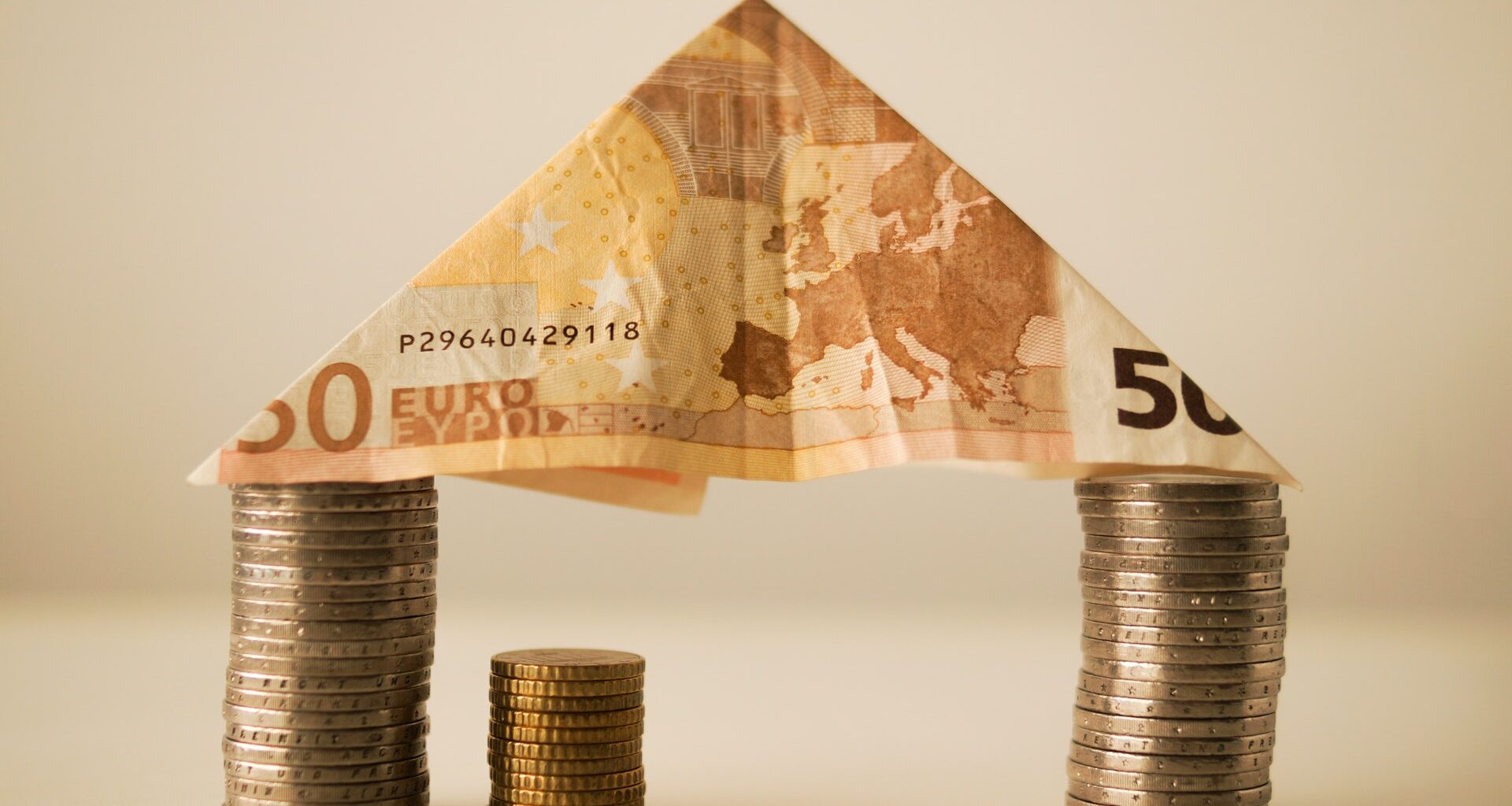Out of college, I joined a company that aggregated financial data to sell to stock market traders and analysts; briefly explored the Master of Financial Engineering degree at Cal; ended up working for two FinTech startups that managed to scale to some degree of success. I’ve made a career, for almost 2 decades at this point, in working around finance through the lens of technology. Even though I’ve made a switch recently into EdTech, I can’t help but keep close attention to what’s happening with our financial markets, especially in 2021 when all the action is so absurd that Matt Levine’s Money Stuff column writes itself.
Dogecoins! On SNL! Bitcoin boosted by the TechnoKing of Tesla! And then…retracted! HODL on $GME and $AMC! Retail fervor around Hertz equity after it files for bankruptcy!
On some level, there’s a story here around the increasing accessibility of investments, the oft-cited democratization of finance via apps like Robinhood that inspires, at least on the surface. That said, it’s not just having mobile apps that featuring and celebrating1 $0 trades; it’s also that people are at rapt attention to the ebbs and flows of the stock market because trading has become a social activity and making memes out of finance has become a pandemic pastime. All the credit here goes to Matt Levine; he had posited the Boredom Markets Hypothesis—that people are more inclined to trade stocks as it’s the fun thing to do being stuck at home—pretty early on in the initial phases of lockdown.
But that’s also, in many ways, unsettling! People have historically griped about the finance industry: in part because its proximity to, and propensity for, wealth has attracted many really smart people who otherwise could be doing something more societally productive; and in part because all those smarts are used to engineer financial products and instruments that few actually understand. And while that complexity can be quite artificial, it has the side effect of scaring away people who are risk adverse enough to avoid products they cannot understand. After all, the Great Recession of 2008 came about in large part due to clever financial engineering that turned out much less robust than the industry assumed.
In this new, scary world of financial markets of the 2020s, an acceptable investment thesis for retail investors is, “coins featuring shiba inus are a joke but I’m in on the joke so BUY 😉.” Yes, it’s endearing in a way, but also terrifyingly unhinged from any semblance of economic fundamentals, even more than usual. If economics is the study of resource allocation by people making rational choices, we need to grow a new branch of academia focused on analyzing how crude internet rumor intersects with rational markets.
My own theory is that we’re seeing the attention economy—a system that treats our collective attentions as a scarce resource—wind its way through our financial systems, and the markets haven’t figured out its intrinsic value, particularly in trying to compare it to boring old things like revenues and cash flows and profit margins. For detractors, it’s easy to label all of this as a Ponzi scheme that has long overstayed its welcome, but I think that’s an oversimplification; if advertising and marketing are considered legitimate barterers of attention, the marketplace of memes has just as much of a claim on user engagement. I personally don’t understand why inflating a joke cryptocurrency’s market cap is funny 2, but there’s enough people who care enough to pay for it with their attention and real money that the humor has somehow become self-fulfilling.
And that’s worth something.
Well, not anymore.↩
Instead of, say, just stupid.↩



